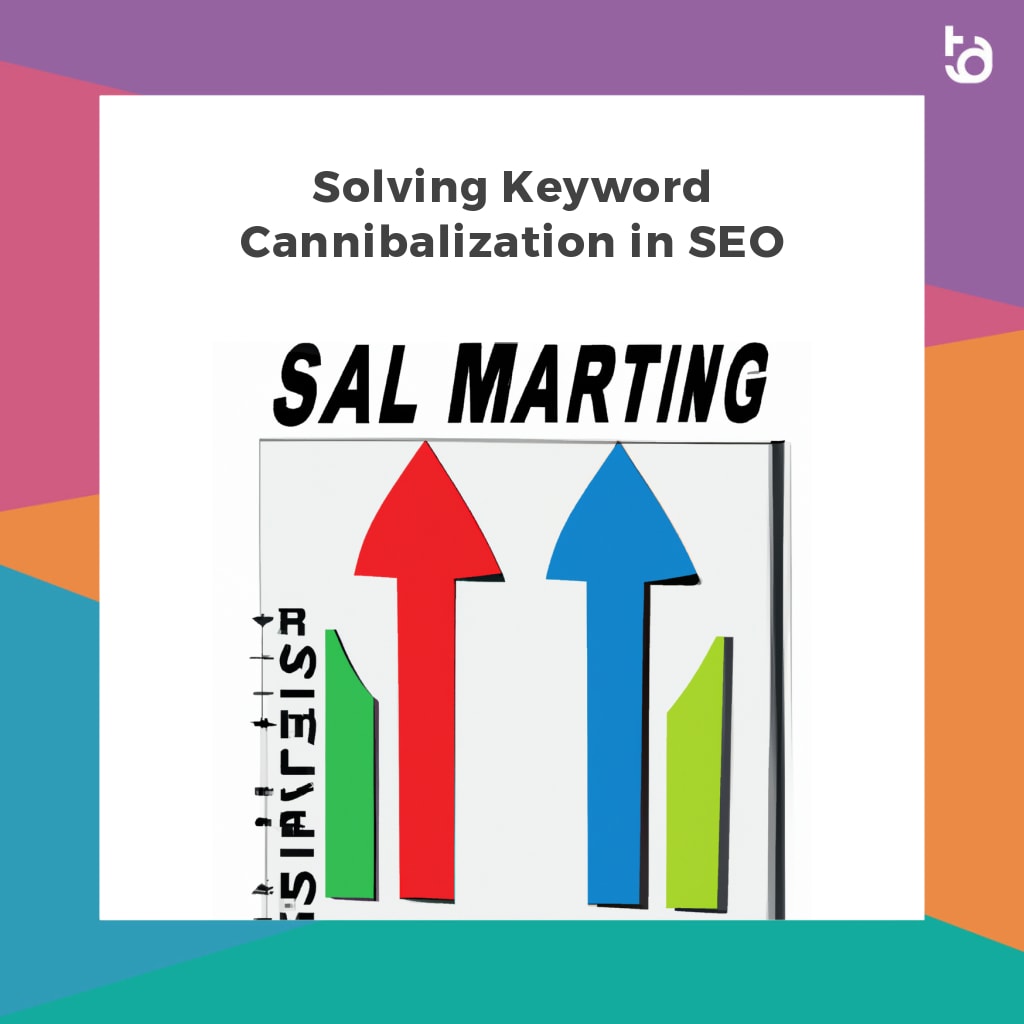Keyword cannibalization occurs when multiple pages of a website all target the same keyword, competing against each other to rank higher in the search engine results page (SERP). This can sometimes lead to confusion as to which page should be ranking, or worse, result in lower rankings for all the pages. Fortunately, keyword cannibalization can be avoided, and even fixed if it’s already been a problem. This guide will help you understand the issues and show you the steps to resolving them.
What is keyword cannibalization?
Keyword cannibalization occurs when a website has multiple pages targeting the same keyword. But why is this an issue? It’s because a website’s limited number of backlinks and authority are divided among all the competing pages, so none of them can climb too far up the search engine ranking ladder. This means that your website will be competing against itself, canceling out any advantage you may have had.
Why does keyword cannibalization occur?
There are numerous reasons why this might be happening, some of which are as follows:
* Mistakes in website structure: In some cases, content is unintentionally duplicated throughout the website, creating multiple pages which all target the same keyword.
* Poor SEO planning: If SEO tactics are not properly planned out, it can sometimes lead to multiple pages competing for the same keyword.
* Multiple versions of the same page: In some cases, websites may create multiple versions of a page to target different regions, devices, etc. This can lead to duplicate content, which will cause keyword cannibalization.
How to detect keyword cannibalization
The best way to detect keyword cannibalization is to use a tool like SEMrush, which will show all the pages that are targeting the same keyword. You can then review them and decide which pages should be optimized and which should be removed.
How to fix keyword cannibalization
Once you’ve identified the pages that have keyword cannibalization, here are some steps to take.
* Consolidation: If there are only a few pages targeting the same keyword, you can consolidate them into one page that’s optimized for that keyword. This is the easiest solution, but not always possible.
* Redirecting URLs: You can redirect pages that have keyword cannibalization to the page that you want to target the keyword. This will ensure that all the backlinks and authority are going to the correct page.
* Deleting pages: In some cases, you may need to delete pages that are targeting the same keyword. This should be a last resort, as it can lead to a decrease in organic traffic.
Conclusion
Keyword cannibalization can be a major issue for SEO, as it can lead to lower rankings and confusion. Fortunately, it’s easy to detect and fix, as long as you take the right steps. With some careful planning and consolidation, you can make sure that all your pages are targeting the right keywords and getting the most out of your SEO efforts.







